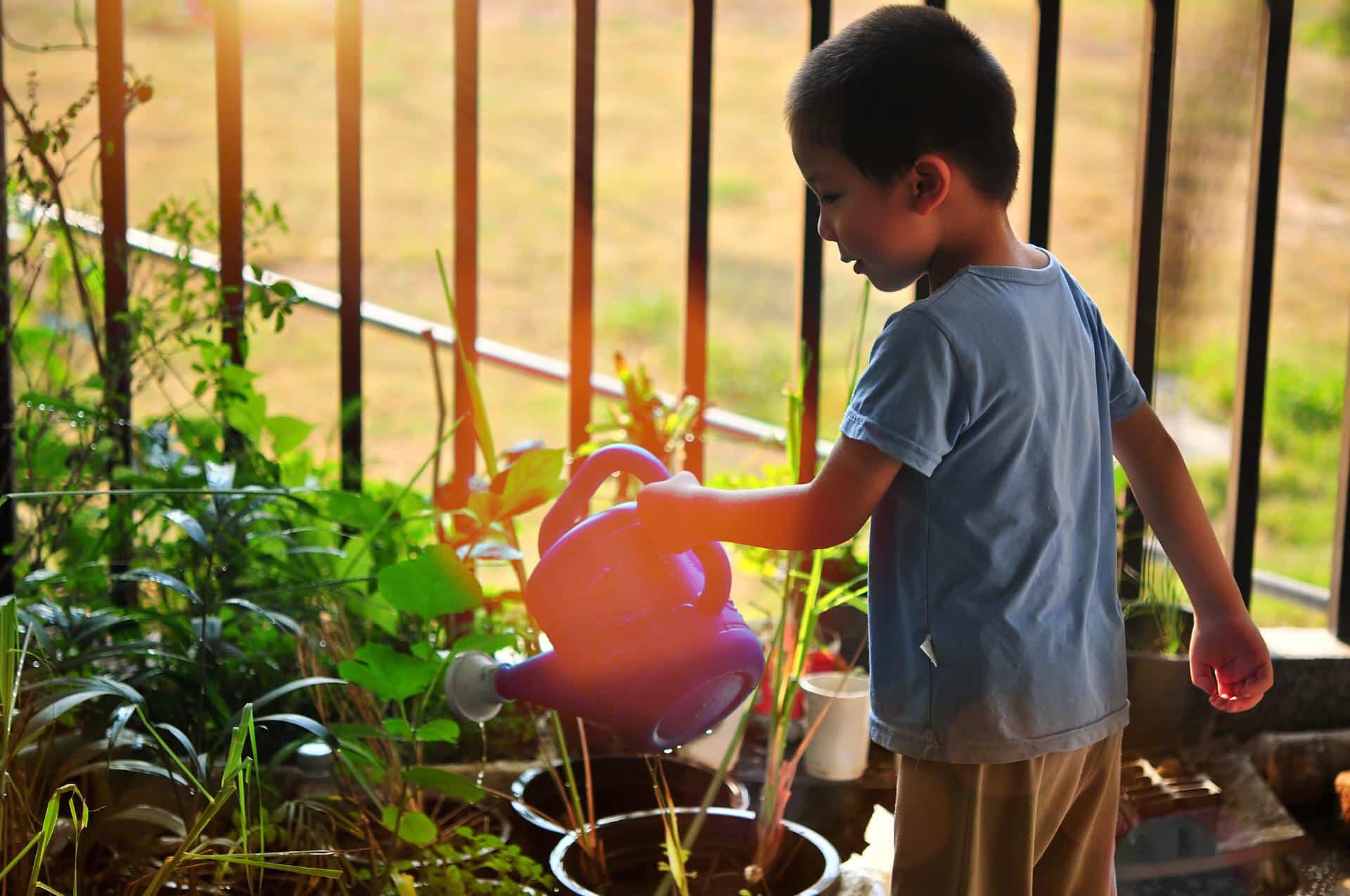
Here at Little Soap we’re on a constant journey towards learning more about our planet and the impact we have on it, both personally and as a business. We know how vital it is to educate the younger generations about the importance of making the changes that are needed in order to protect the environment. We want to pass this earth to caring, capable hands- who will then pass it on to generations after us in a similar way. So this week we’re looking at some top tips for promoting biodiversity at home. We all need to do our part to protect our precious planet!
What does biodiversity mean?
Put simply, biodiversity is the variety of life on earth. The air we breathe, the water we drink and the food we eat- it all relies on biodiversity and in turn, the future of the human race does too. To put it bluntly, we need variety in genes, species and ecosystems in order to survive.
Without plants taking carbon dioxide from the air and pumping out oxygen, we would not be able to breathe. Without forests and wetlands to filter out water again and again, we’d quickly run out and have nothing to drink. Without bacteria in soil, or pollinating insects, crops would fail and we’d have nothing to eat. Without plants we would be without certain medicines and even clothes- the things we tend to take for granted day in and day out.
So I guess you could agree that biodiversity is super important!
What’s happening to biodiversity?
Right now, many plant and animal species are dying out, and every single time a species becomes extinct (whether plant or animal) our planet changes forever. So thanks to loss of habitat, pollution, climate change and over harvesting of crops, we’re constantly making harmful changes to our planet that ultimately could have been avoided.
How can we promote biodiversity at home?

We need to promote biodiversity in order to protect our planet, and we need to do it now. Yes. Large scale changes need to be made, but we are each individually responsible for our own behaviours too, and for educating our children on the best ways to fight further damage to our eco systems.
The products that we buy, the foods that we eat and our attitudes towards reducing waste, recycling and cutting down on carbon emissions is so SO important.
Five easy changes you can make today
- Suport local farms. Buy local and in-season produce to support local crops and to help farmers to conserve biodiversity. Look for organic produce and make a stand against out of season, imported foods.
- Grow your own plants. Plant flowers that will attract bees and help them to continue their vital work in our ecosystem. Plant fruit and vegetables that you can eat and that will promote biodiversity in your local area. If you don’t have much space, you can always get the kids to help you make a bee hotel, you can plant a windowsill garden, or you can get an allotment. Let a corner of your garden grow wild to encourage more insects to make your garden their home. Or just a simple pile of logs will do! And don’t forget to save leftovers for your own compost heap- plus no chemicals please!
- Respect the outdoors. Teaching kids to have respect for the wildlife around them is so important. This summer, take a bag out with you to pick up some litter before you leave. Don’t trample over fields that are growing vital crops. Stick to walking paths and help to preserve your local areas as much as you can. Teach the kids how to take care of the trees and plants growing around your home, and find out about ways that you can protect the local wildlife. For example, make a bird feeder or a hedgehog hideaway.
- Save water. Take shorter showers, or share your bath water. Never leave the tap running while you brush your teeth. Collect rain water to use in the garden. There are so many ways that you can cut down on water usage, and this will make such a huge difference.
- Do your research before you shop. Is that must-have product really worth it in the long run? Do your research, both on what you’re buying and who you’re buying it from. Look for labels with a short ingredients list, and for logos such as the Leaping Bunny Cruelty Free for example, and information that tells you which products are Vegan or organic.
Don’t leave it up to someone else- this is YOUR planet and YOU need to make some changes to protect it.


